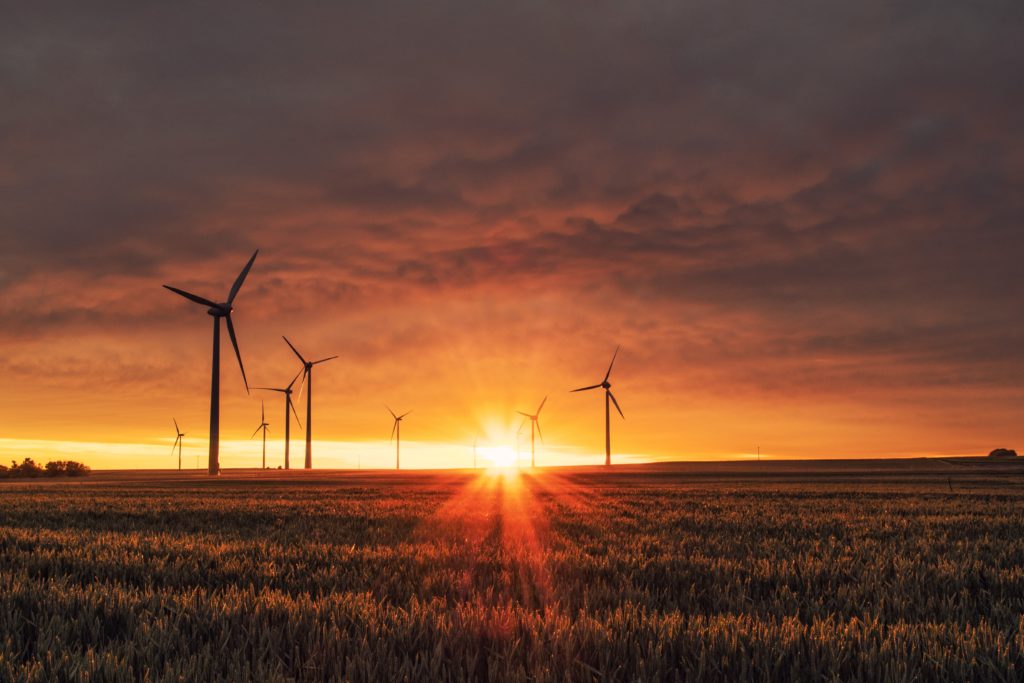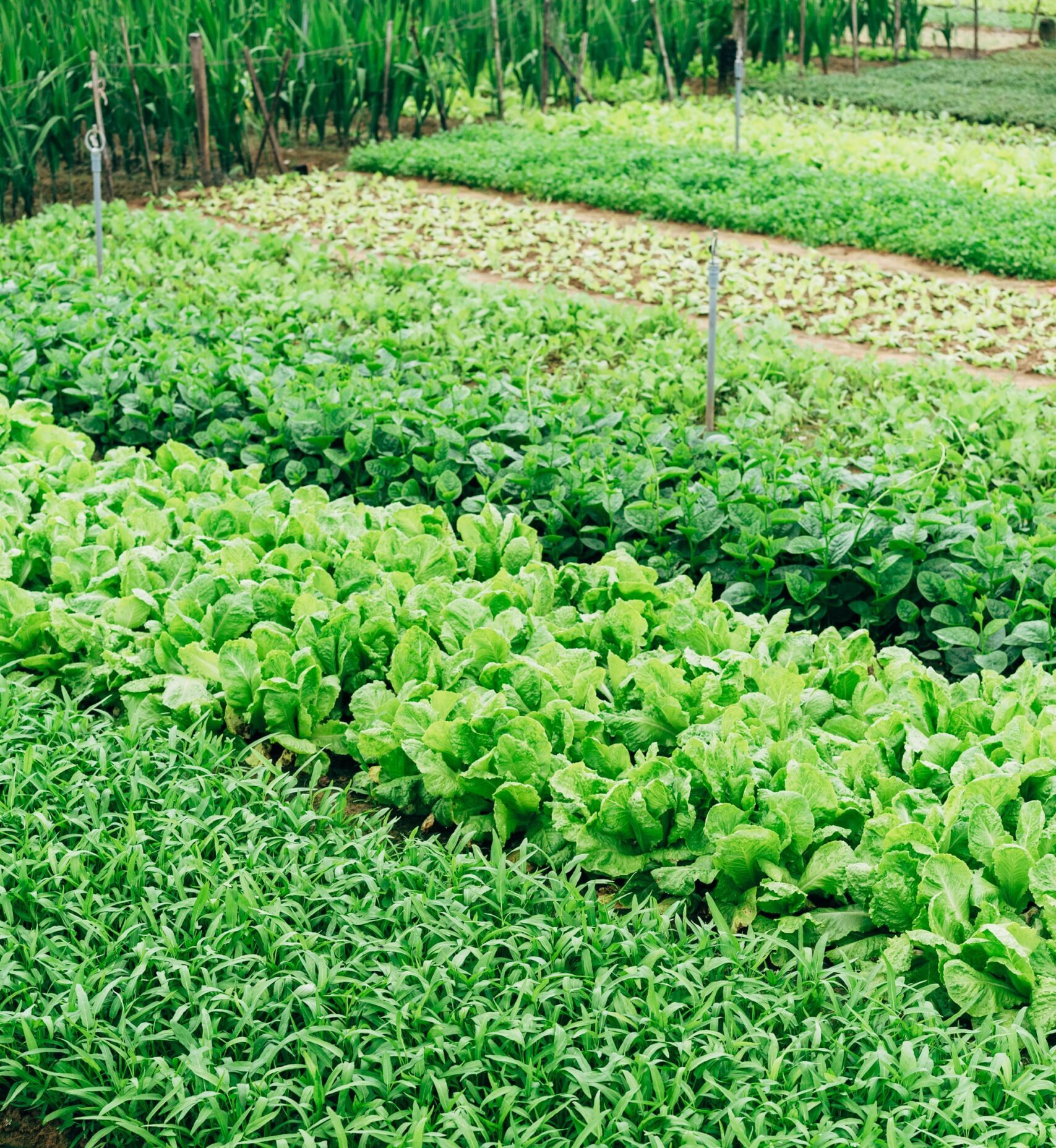Last week we talked about emissions beginning to rise again as stay-at-home orders are being lifted all over the globe. I shared with you my concerns about why this is detrimental for our planet, and what we as individuals can do to slow down this trend. It seems that that the danger our world is in is worse than we thought. The executive director of the International Energy Agency (IEA), Fatih Birol, gave a statement to The Guardian where he warns us that we only have six months to change, “if we are not to see a carbon rebound” that undoes all the steps we’ve so far made to slow down climate change.
A carbon rebound at this time is what we are already starting to see. Emissions are on the rise again rather than decreasing as they should be if we hope to stop the climate crisis. The danger that the world is in, however, stems from the state of the global economy. In a report, the IEA released last week the agency highlighted that the economy is predicted to shrink by 6% in 2020. They’re also estimating that due to the lockdown, approximately 300 million jobs were lost in the second quarter of this year. In comparison, during the 2008-2009 market crash, the global economy only dropped by 0.1%.
The state of the economy has a lot of influence on the emissions we can expect in the near future. Here’s why: When the economy crashes, governments will try to step in and offer relief. This means that there are funds distributed into specific industries to create more jobs and allow for investments that enable growth. Usually, these funds are allocated to sectors that create even more emissions. This means that these businesses get more money from the government, and they hire a few people and then use the money to pump out as many products as possible in the shortest amount of time to catch up on any lost profits during the crash.
The problem with this is that we can no longer afford a growth in emissions. Fatih Birol believes that if we do not make a change now, then the rise in emissions will overwhelm all previous efforts made to slow down the climate crisis and will create a climate catastrophe from which we won’t be able to turn back. So, the IEA has proposed a Sustainable Recovery Plan written in cooperation with the International Monetary Fund (IMF). This plan outlines a series of actions each government can take over three years to help boost their economy while still decreasing overall emissions.
The plan they outline would create or save approximately 9 million jobs a year, boost the global economy by 1.1% a year, and reduce annual global emissions by 4.5 billion tonnes at the end of the three-year plan. There are also other wonderful “side effects” to this plan. This includes a 5% reduction in global air emissions, which lead to better air quality for us to breathe. It aims to provide access to clean cooking for approximately 420 million people in low-income regions worldwide, where cooking with coal and biofuel is still common. And it also gives new access to electricity for over 270 million people.
The IEA hopes to achieve this by encouraging governments to invest in the renewable energy sector. The agency believes that not only would this exponentially grow the energy sector, but it would also benefit manufacturing, food, textiles, and the transport sectors that all rely on energy and would be able to switch over to renewables as they become more accessible.
Green energy investments mean:
- Accelerate the deployment of renewables like new wind and solar, and modernize electricity grids.
- Increase efficient and electric vehicles and high-speed rail.
- Improve the energy efficiency of buildings and appliances.
- Increase the efficiency of equipments used in manufacturing, food, and textile industries.
- Make the production of fuels more sustainable.
- Invest in innovative technology including hydrogen, batteries, carbon capture and storage, and small modular nuclear reactors.
Note that not all of these are unilaterally supported ideas by all authorities and stakeholders. The safety of nuclear power is still hotly debated, and it’s not a “clean energy” as it leaves behind nuclear waste that has been intentionally or accidentally released into the wild. The Japanese government has recently decided to release in the ocean 1.2 million liters of radioactive water left over from the Fukushima nuclear power plant. At the time of the 2011 earthquake and nuclear plant disaster, the radioactive waste flowed directly into the Pacific and radiation levels in the sea were millions of times higher than the government limit of 100 becquerel. A single becquerel is enough to damage our body’s cell, eventually causing it to become cancerous. So it is concerning that IEA includes “small modular nuclear reactors” as a part of its plan, albeit at the bottom of its list.
In addition, the true usefulness of carbon capture and storage in actually slowing down climate change has been challenged by both the UN and the international scientific community. Both the UN and the scientific community have recommended going vegan as the most impactful way to mitigate climate change. A group of scientists have also supported the idea that reforestation is the one of the safest and most realistic ways we can achieve our climate goals.
The IEA’s plan pointedly lacks these two crucial, safe, and science-backed strategies (vegan and reforestation) for two unsafe and unproven strategies (nuclear power and carbon capture). Nonetheless, its call for sweeping infrastructure investment for renewable energy has to be followed and commended. I encourage you to do your own research and take some time to review the recovery plan that the IEA is proposing. If you wish to support it, reach out to your state’s senator! Write them a letter, send them an email, leave a voicemail and let them know that you want a sustainable economic recovery for the U.S. Here is where you can find your senator’s information. Is there anything else that you want our government to do to support a “greener” growth for this country? Let me know!
Also by Iga: French Company Introduces Enzyme That Decomposes Plastic In Hours, Not Centuries
Get more like this—Sign up for our daily inspirational newsletter for exclusive content!
___
Photo: Karsten Würth via Unsplash; Dean Ward via Unsplash






